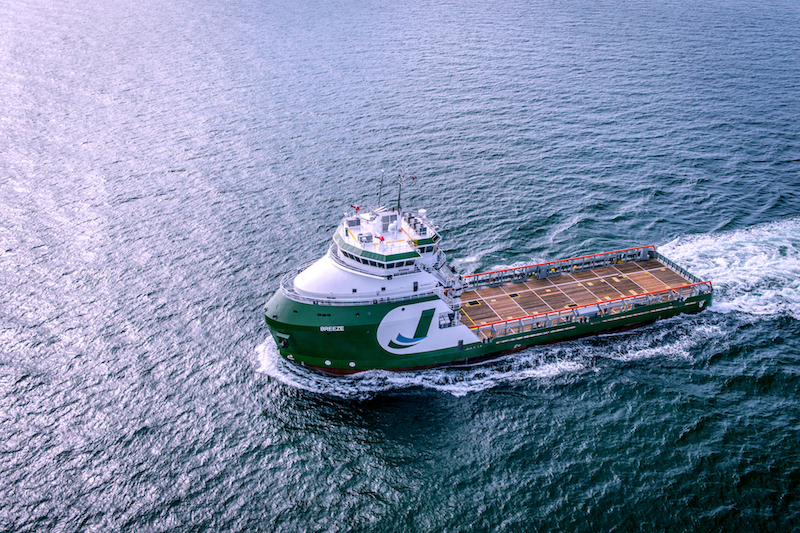When the year began, you may have thought that business could not possibly get any worse for the beleaguered offshore energy sector. Well, it did.
2020 has seen the coronavirus pandemic’s negative impact on fossil fuel demand plus a busy hurricane season with 25 named storms, just two shy of 2005’s record.
With 2020 coming to a close, most industry officials and analysts agree that it will be at least until mid-2021 before business improves. By then, the offshore sector will hopefully have regrouped after a year that saw E&P budgets slashed, projects deferred, several bankruptcies, and offshore service vessels laid up at its highest pace in two years.
In our cover story due out later this month, Jim Redden writes that the big question mark is what direction oil prices will take. Veteran energy analyst G. Allen Brooks told WorkBoat that “the big thing is for people to feel confident where oil prices are going.”
But it’s not all gloom and doom. Matthew Rigdon, executive vice president and chief operating officer of OSV operator Jackson Offshore Operators, believes the rig count has bottomed out and can only go up from here. “I think that is the bottom, but I also think it will be mid-next year before we get any clarity as to what’s going to happen,” he told us. “I’m optimistic we’ll see activity starting to accelerate toward the latter half of next year. I think it’s not unreasonable to think that we could get back to 20 or so rigs in the Gulf by the end of next year. That may be a little aggressive and too optimistic, but it’s not unreasonable.”
And Rigdon sees opportunities emerging in Trinidad and neighboring deepwater hot spot Guyana, which is serviced nearly entirely by U.S.-flagged vessels and their higher liquid mud carrying capacities.
U.S. OSV operators also see opportunity in the emerging U.S. East Coast offshore wind energy sector, where three Tidewater vessels have been involved, on and off, in site surveying. “That’s (offshore wind) picking up for sure. It’s been talked about for some time, but now seems to be getting some momentum,” Tidewater’s Jason Stanley said. “It’s pretty exciting to see some of that take place.”




